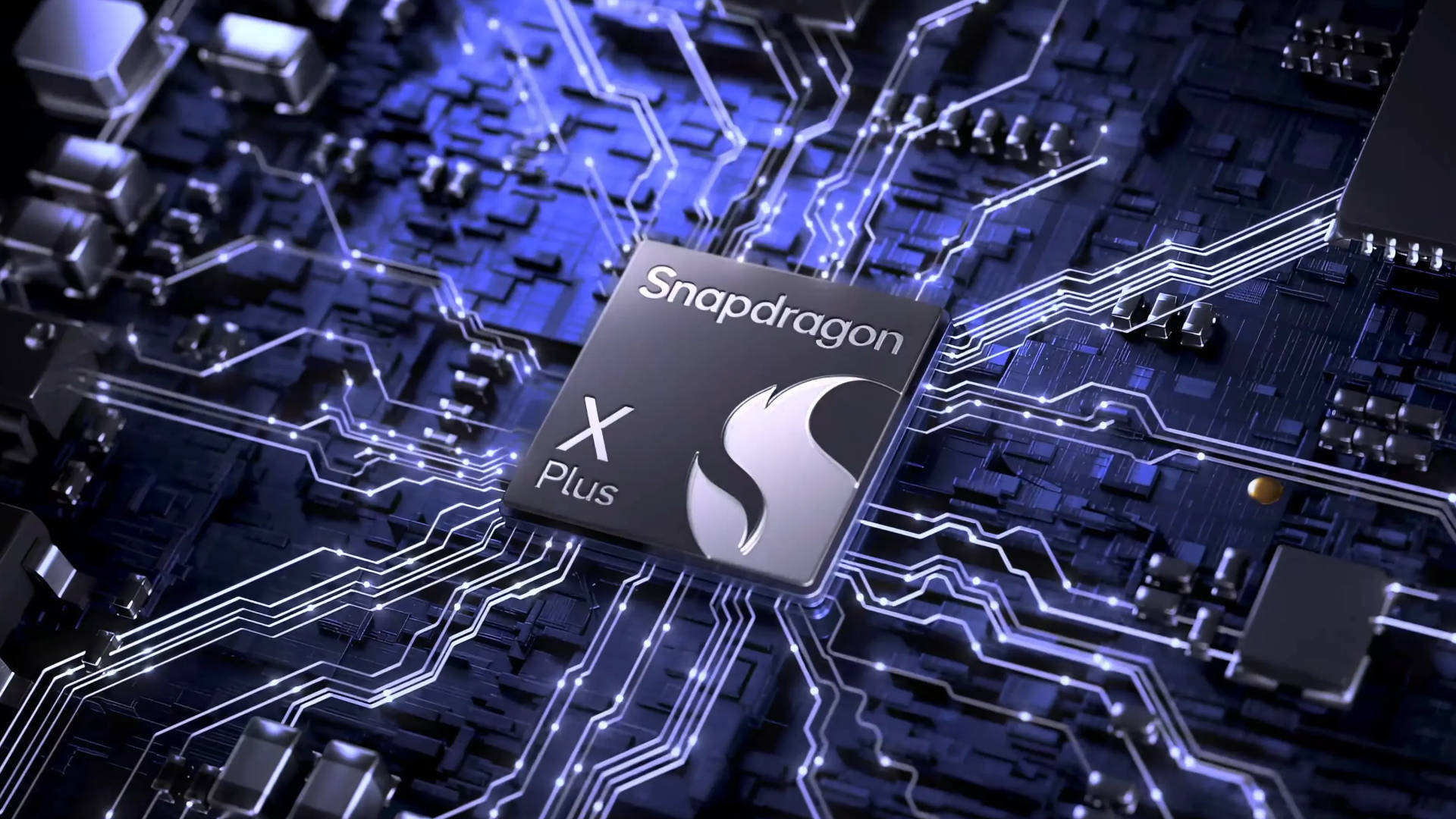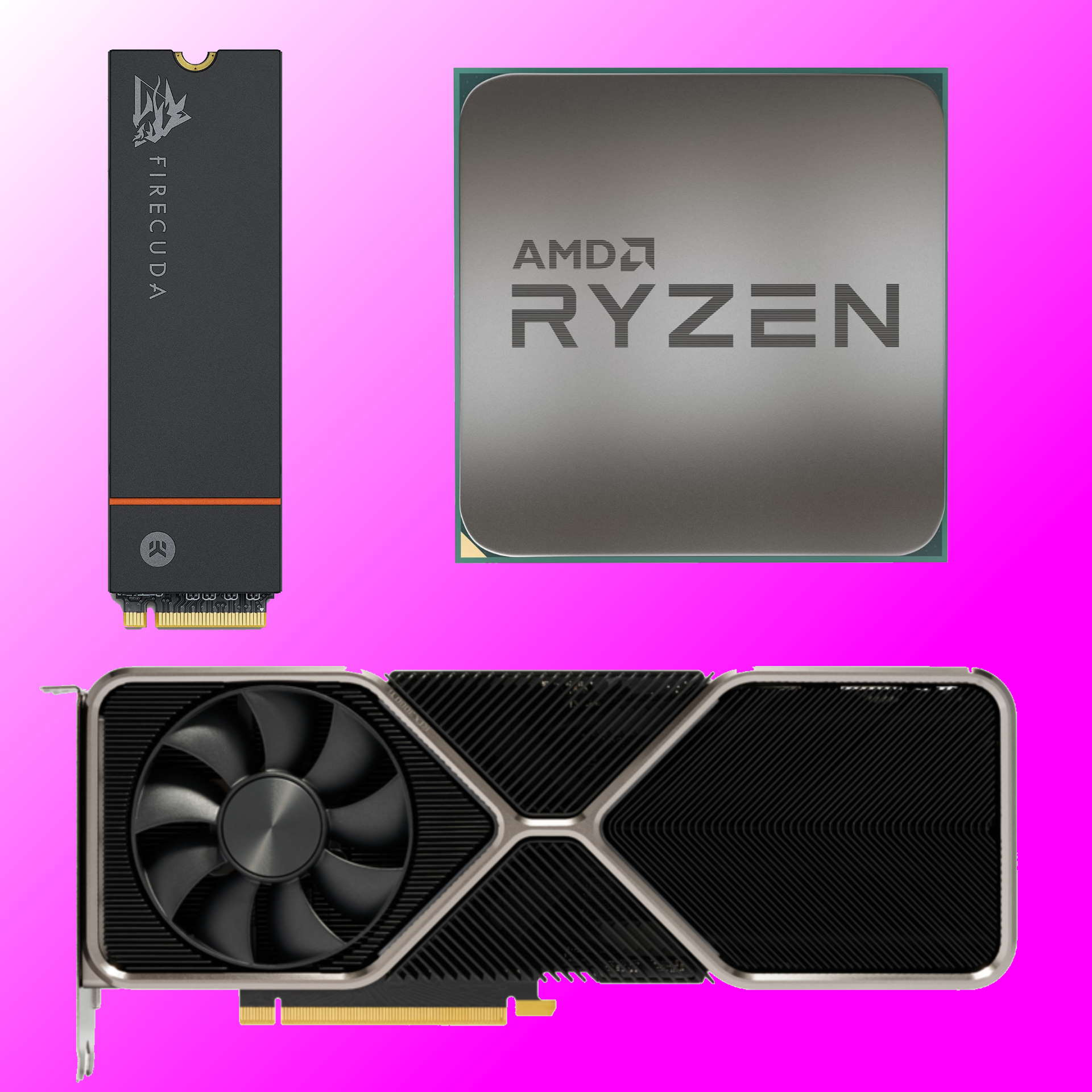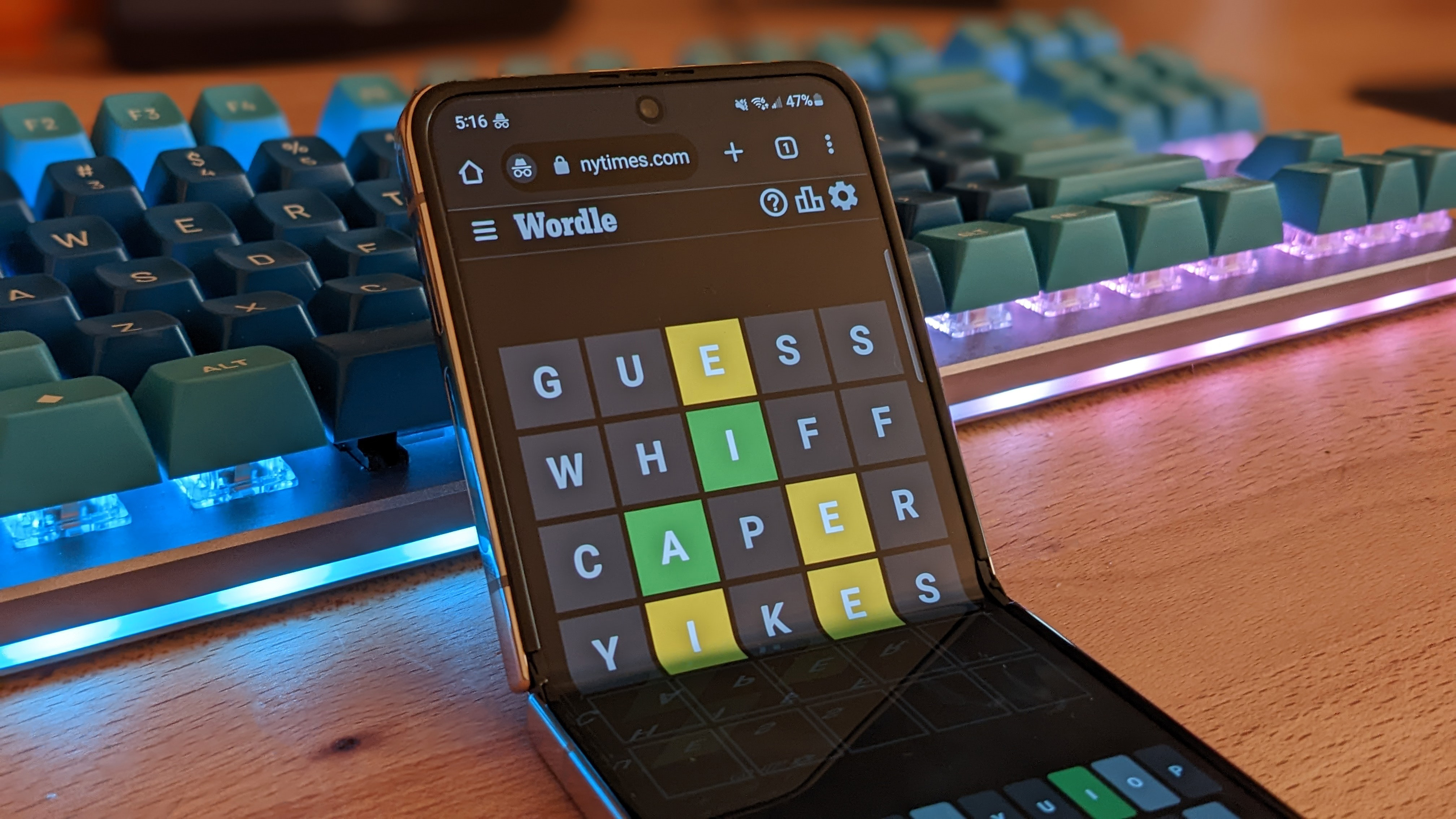
And the dispute continues.
The Arm vs Qualcomm legal battle has been ongoing for a couple of years (can you believe it?). And while nothing’s been settled, Qualcomm now seems to be assigning motive to Arm which the semiconductor and software design company has pushed back against.
According to Reuters, in court on Monday, Qualcomm’s legal team argued that part of the reason for the dispute is that Arm desires to design its own chips and Qualcomm would therefore be a competitor.
Arm CEO Rene Haas was apparently dismissive of the documents presented supporting this. He said that while Arm doesn’t build chips, it is always considering different possible strategies, stating: “That’s all I think about, is the future.”
The dispute all started in 2022 when Arm filed a lawsuit against Qualcomm, claiming the chip company didn’t have the proper licence to use some of the Arm designs it was using. These designs came from a company Qualcomm had acquired in 2021 called Nuvia. Arm thinks that, given this, all chips made using these designs should be destroyed.
Over the course of the dispute, however, Qualcomm has argued that it already had its own broad-ranging licencing rights that should cover chip production based on such designs.
Arm argues that some Qualcomm devices, such as the Snapdragon X processors, use designs that Nuvia had the licence for before it was bought by Qualcomm, but once it was bought that licence expired. Perhaps crucially, Nuvia’s original licence was meant to be for server chips, not consumer ones that the designs have ended up making.
Because of this, Arm believes that Qualcomm isn’t paying for the designs, despite Qualcomm’s protestations that its own licencing should cover it.
The documents shown at court this week apparently showed or attempted to show that Arm has lost about $50 million of revenue because of Qualcomm’s acquisition of Nuvia. That’s $50 million that Arm could (so the argument goes) be getting in addition to what Bernstein analyst Stacy Rasgon (via Reuters) says is $300 million that Qualcomm already pays the company.
Both companies obviously have lots of incentive to win this court case, and I for one can see the argument on both sides. On the one hand, Qualcomm already had a licence and it now owns Nuvia, so one could argue these designs should fall under Qualcomm’s pre-existing licencing. On the other hand, Qualcomm isn’t paying what Arm seems to have originally intended these Nuvia-bought designs to be worth and what it originally agreed to sell them for.
Licencing is a complicated thing, and I’m glad I’m not the judge and jury presiding over this case. Especially $50 million truly is the stake at the heart of the matter.
Best CPU for gaming: Top chips from Intel and AMD.
Best gaming motherboard: The right boards.
Best graphics card: Your perfect pixel-pusher awaits.
Best SSD for gaming: Get into the game first.







